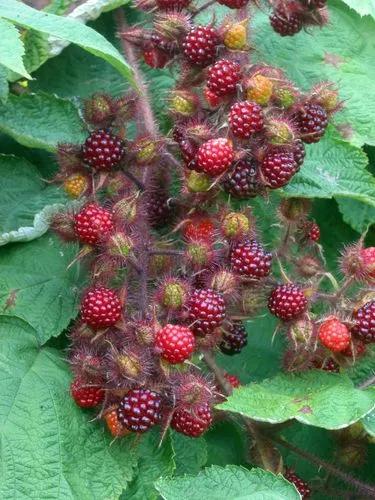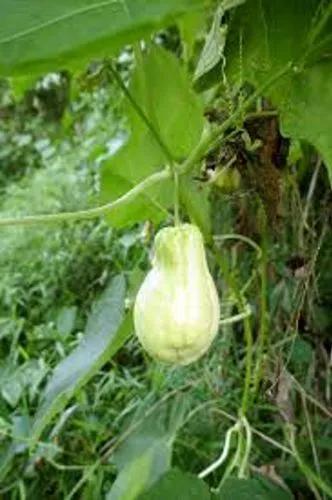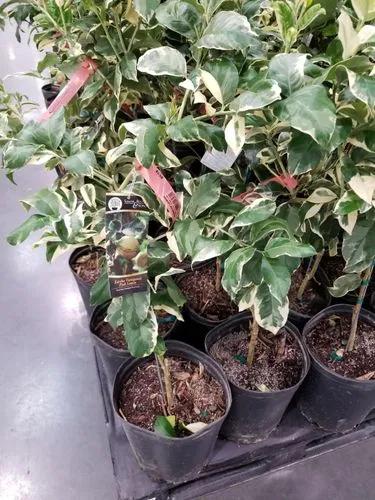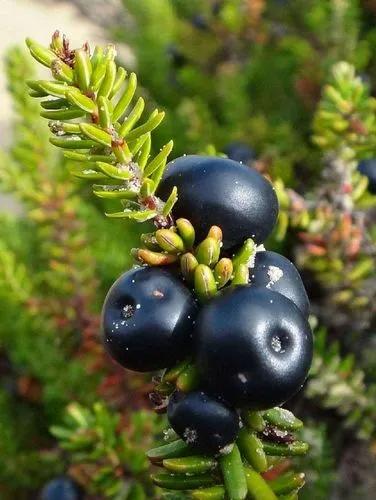Elaeagnus commutata, the silverberry or wolf-willow, is a species of Elaeagnus native to western and boreal North America. The species is cultivated as an ornamental plant for its silvery foliage.
Silverberry Care
Elaeagnus commutata



Elaeagnus commutata plants are shrubs or small trees growing to 1–4 m tall. The leaves are broad lanceolate, 2–7 cm long, silvery on both sides with dense small white scales. The fragrant flowers are yellow, with a four-lobed corolla 6–14 mm long. The fruits are ovoid drupes 9–12 mm long, also covered in silvery scales. The fruit pulp is floury in texture, and surrounds the single seed. Both the fruit and seeds of this plant are edible either cooked or raw.
How to Care for the Plant

Water

These shrubs prefer moist soil while establishing. When established Elaeagnus are very drought tolerant plants. Only during prolonged periods of summer drought will plants require supplemental irrigation.

Fertilizer

Elaeagnus benefit from fertilization, especially when young. Feed them in late winter or early spring with a slow-release shrub or tree type fertilizer or a natural, organic plant food.

Sunlight

Silverberry bushes need full sun to light shade.

Soil

They grow in a well-drained, light sandy soil that is only moderately fertile, succeeding in poor and dry soils.

Temperature

This plant is very cold hardy and can be grown in the areas with the lowest winter temperatures of -45.5°C (-50°F).

Popularity

42 people already have this plant 8 people have added this plant to their wishlists
Discover more plants with the list below
Popular articles






